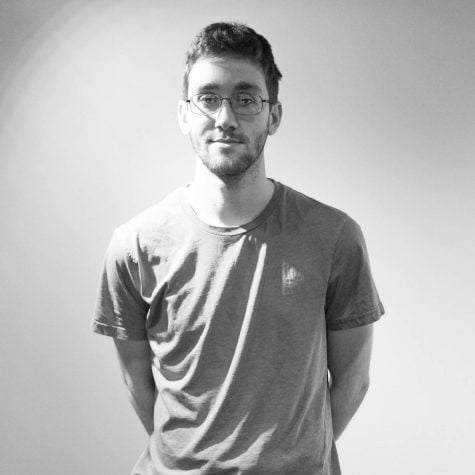My dad told me once that if I ever joined the CIA, he would disown me. I quipped back that if I ever became a banker, I would disown myself.
The recent Panama Papers leak is certainly an indictment of the latter profession.
You know about the 11.5 million documents — 2.6 terabytes of data in all — that investigative journalists have slowly revealed. You probably know some big names listed in those documents too.
But at the center of this entire ordeal is Mossack Fonseca & Co., which is just one firm.
Since 1977, the Panamanian firm has managed “more than 210,000 companies in 21 offshore jurisdictions,” according to the International Consortium of Investigative Journalists.
If you think about it, however, the problem is unfathomably bigger.
Many more firms are also classified as “trust and company service providers.” They incorporate firms, including shell companies, which are businesses that only exist on paper and are used for financial maneuvers.
In their article “Shells and shelves” in 2012, The Economist discovered a lack of data on how many trust and company service providers there truly are.
Besides Mossack Fonseca, you can find other big players in the industry, with names like Offshore Incorporations Limited, ILS Fiduciaries, Offshore Company Registration Agents and MMG Trust. But the best guesstimates indicate there are dozens more in every offshore center worldwide.
Beyond that, we also have no clue how many shell companies they create.
What we do know is over 500 international banking firms helped Mossack Fonseca register nearly 15,600 shell companies. One bank, HSBC, helped create over 2,300.
I don’t think it’s that hard to believe that the banking community is complicit in the creation of offshore companies and accounts, regardless of whether they are used legally or not.
In 2010, Senior Advisor James S. Henry of the Tax Justice Network estimated at least $21 to $32 trillion was stored away offshore. A paltry $12.2 trillion was handled by the top 50 banks at the time.
A look at the largest banks today yields familiar faces. UBS, Credit Suisse, HSBC and several other top banks played a hand in helping Mossack Fonseca. Is it wrong to assume the big banks are helping other trust and company service providers?
“This is another piece of the geography of the global financial system that wasn’t revealed before the Panama Papers,” said John K. Voehringer Jr. Professor of Economics Robert Williams. “There’s a division of labor in geographical space.”
It’s pretty simple to Williams.
He says shell companies are created in legal clusters around the world from Panama to Hong Kong and even Delaware. Then the major banks, headquartered in places like New York and London, help these companies transfer funds to areas with lax financial regulations like the Cayman Islands, Luxembourg and Seychelles.
In the case of Mossack Fonseca, over half of all the companies they incorporated, more than 113,000, were based in the British Virgin Islands.
These shell companies can be used to fund plenty of illicit activities from buying votes to evading taxes to supplying bombs as a way to get around economic sanctions. The same banking institutions that enable them to exist also participated in the risky securities lending that led to the global financial crisis in 2008.
Mossack Fonseca is just the keyhole that we’re peering through. Our corrupt financial system is behind the door.
The only way to begin solving the problem is to hold our banking system accountable. Maybe I can take solace, though, since I’m a journalist and not a banker.







